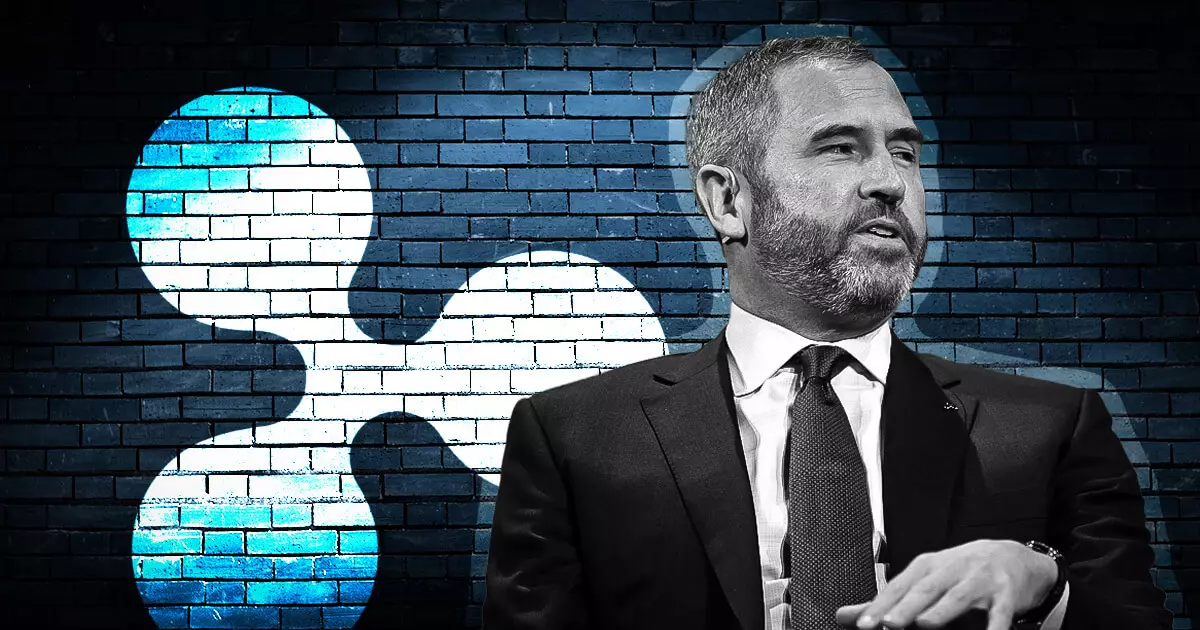Self-criticism is often viewed as a negative trait, associated with self-doubt and low self-esteem. However, when approached with the right mindset, self-criticism can be a powerful tool for personal growth and improvement. Acknowledging our flaws and areas for development is crucial in order to make meaningful progress in various aspects of life.
Acknowledging Limitations
One of the key benefits of self-criticism is the ability to acknowledge our limitations. By recognizing our weaknesses and areas for improvement, we can take proactive steps towards personal growth. Whether it’s in our professional or personal lives, accepting our flaws allows us to develop strategies to overcome them.
Embracing Growth Mindset
Self-criticism also helps foster a growth mindset, which is the belief that our abilities and intelligence can be developed through dedication and hard work. When we view ourselves as a work in progress rather than a fixed entity, we are more likely to seek out opportunities for growth and improvement. Embracing a growth mindset through self-criticism encourages continuous learning and development.
Reflecting on Mistakes
Critically evaluating our actions and decisions can be uncomfortable, but it is an essential aspect of personal growth. By reflecting on our mistakes, we can gain valuable insights and learn from them. Self-criticism allows us to identify patterns, make necessary changes, and avoid repeating past errors. It is through these reflections that we can become wiser and make better choices in the future.
Becoming More Self-Aware
Self-criticism promotes self-awareness, which is the ability to accurately recognize and understand our own emotions, thoughts, and actions. Developing self-awareness is crucial for personal growth because it enables us to identify our strengths and weaknesses. By being open and honest with ourselves, we can make informed decisions about how to improve and lead more fulfilling lives.
Setting Realistic Goals
Another benefit of self-criticism is the ability to set realistic goals. By critically assessing our capabilities, we can avoid setting ourselves up for failure or disappointment. Self-criticism helps us gain a clearer understanding of our strengths and limitations, allowing us to set achievable goals that align with our true potential. This ensures a higher likelihood of success and overall personal satisfaction.
Improving Relationships
Self-criticism not only impacts our personal growth but also our relationships with others. When we are self-aware and open to self-criticism, we are more likely to recognize our own mistakes and take responsibility for them. This level of humility and self-reflection allows for better communication and understanding within our relationships. By acknowledging our faults, we can work towards resolving conflicts and cultivating healthier and more fulfilling connections with others.
While self-criticism may initially be seen as a negative trait, it is actually a powerful tool for personal growth. By embracing self-criticism, we can acknowledge our limitations, develop a growth mindset, reflect on mistakes, become more self-aware, set realistic goals, and improve our relationships. Through honest self-evaluation and continuous improvement, we can reach our full potential and lead more fulfilling lives. So, let us embrace self-criticism as a catalyst for personal growth and development.


Leave a Reply